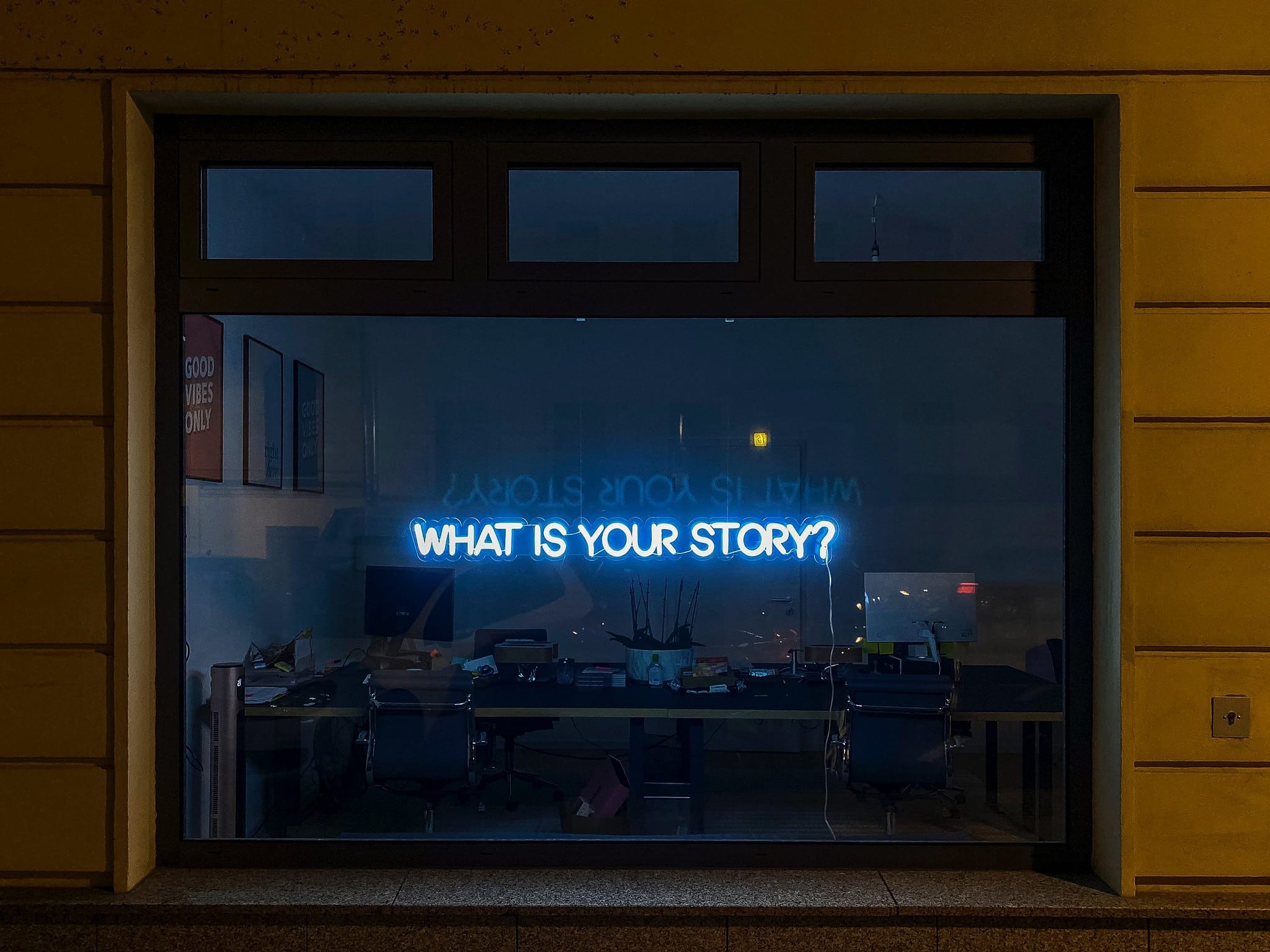Founded a company and thinking about raising a Series A? Matt Howard has led 22 Series A investments over the past 20+ years as a VC through five recessions. Most of these investments occurred well before the product launched and were largely based on one or two founders with 15+ PowerPoint slides! We take pride in squinting our eyes and seeing the potential. On average, we review about three to five enterprise (B2B) company presentations per day and wanted to share key considerations to keep in mind during the fundraising process. Here’s what makes founders and presentations stand out.
DO: CREATE CLARITY & GENERATE ENERGY DURING YOUR PITCH
In our experience, the best founders (both first-time and repeat founders) are able to distill complex problems into simple explanations. They are able to go deep and switch between a 10,000 foot and ground-floor view to communicate their product vision. For example, when Norwest led Exabeam’s Series A in 2014, co-founder and CEO Nir Polak had deep security expertise from leading product management and strategy at Imperva for over a decade. We were impressed by the founding team’s ability to explain why a next-gen SIEM (security information, and event management) and SOAR (security orchestration, automation, and response) platform that sat on top of legacy SIEMs such as ArcSight and Splunk could provide both more precise threat detection and faster remediation over a wider surveillance landscape, while not forcing the customer to replace any of their legacy solutions. Plus, the ROI was clear, and we expected that time to value would be quick. Nir could dive into the weeds of why the current rules-based approaches at the time were lacking while painting the broader vision to security analysts and CSOs (Chief Security Officers). We also loved getting to know Exabeam’s co-founders and were particularly taken by how humble and thoughtful they were. At the end of the meeting, we left excited about the team and had a clear understanding of what differentiated Exabeam from other startups.
While the Exabeam team’s Series A pitch was clear and engaging, we also see our fair share of presenters that go on autopilot during the presentation and practically stream information without coming up for air. Remember to take your time and stop for questions or comments. A great presentation is interactive, with investors asking questions and founders weaving in key points in their replies. Don’t be surprised if we engage heavily throughout the pitch!
DO: PRACTICE YOUR PRESENTATION DELIVERY
Tactically speaking, we evaluate companies along three vectors: people, product, and market.
On people: The best teams win. Age matters less to us than communicating why you have “founder-market fit” potential. We have backed fresh graduates to seasoned executives, and the thread that connects them is understanding what unique insights they had that gave them an unfair advantage to solve the problem. We have found that the best founders have experienced – directly or indirectly – the pain point they’re solving and have deep empathy for the customer as a result. We are constantly reminded that no rational customer wants to buy from a startup unless the solution and founders are amazing since the choice can be career impacting. When Norwest led the Seed and Series A in Replicant in 2019, we were impressed by founder and CEO Gadi Shamia’s deep contact center expertise from serving as the COO at Talkdesk. There was no doubt Gadi understood the customer as he had felt the pain point firsthand for years. Gadi was integral in scaling Talkdesk from a seed stage company into the $3B+ company it is today. Plus, he had been scaling enterprise companies for over a decade.
On product: What differentiates you from other startups and incumbents in the space? Do you have early signs of product-market fit, on paper or in practice? When Norwest led the Seed and Series A for Gong in 2015, we had been following the sales enablement market for years. The founders were able to build a strong product and position it well in the market. Co-founder & CEO Amit Bendov had felt the need firsthand from building two great inside sales teams, and co-founder & CTO Eilon Reshef had built large-scale platforms and knew how to make the right decisions around product architecture. After validating the product with dozens of potential customers in our network, we were convinced that Gong would be a category creator in the sales enablement space. Though there were still many unknowns, we were excited to partner with them on their company-building journey. Today, Gong is a $2B+ company that has created a new category coined as Revenue Intelligence and has helped over a thousand companies increase sales productivity.
On market: Beyond focusing on a large and growing market, the best founders have a strong grasp on the competitive landscape. In many cases, they are creating a totally new category. Articulating who the incumbent players are in a market and why they haven’t solved the problem you’re addressing are key points to weave into your conversation with investors. For example, when Norwest led the Series A in Spiff in 2020, founder and CEO Jeron Paul explained that they were competing against two legacy players that were fifteen to twenty years old: Xactly and Callidus, but that both were mainly focused on the enterprise market. We learned from our diligence that most mid-market and some enterprise companies were still relying on painful, manual Excel spreadsheets to calculate sales commissions. We were excited about the large greenfield “blue ocean” market opportunity to invest in a next-generation solution that automated the process and was easier to use.
DON’T: RUSH YOUR DECISION ON WHICH VC TO PARTNER WITH
So often, we see limited diligence completed on selecting a venture capital partner and firm. Before you make a decision, take time to research different funds and various partners to understand their expertise and the firm’s offerings. Understand what you’re looking for in a partner (the answer is different for every company). Talk to founders that have worked with that VC in the past in both good times and bad. How did that firm and partner perform during a recession? What were their ethics like? How do they reserve for follow-on investments? Did they make customer introductions that turned into revenue? How effective are their portfolio services? We find that actions speak louder than words.
Norwest has a history of investing in companies for the long term. From “first money in” to late stage growth equity, we’ve gone through many recessions and our partners are ex-operators, entrepreneurs and executives who have built and scaled teams. The final question we encourage founders to ask themselves is, “Do I like this VC as a person, and can I see myself working with them for the next 5-12 years?” We understand that fundraising is often a difficult process yet taking an extra week or two to do your due diligence on VCs can make all the difference.
DON’T: FEEL PRESSURE TO BE PERFECT
Over our 65+ year history, Norwest has invested in more than 600 companies, including hundreds of Series A financings. We understand that you are early in your company building journey and don’t expect that you have everything figured out. It’s ok to say, “We will need to hire a CRO in the next six months” or “We’re still experimenting with our marketing messaging, but this is how we’re currently thinking about it.” It shows maturity and we appreciate hearing your thought process on how you’re approaching those common challenges. At the end of the day, the company building process is what we are signing up for as an early stage investor!
Ultimately, we want to partner with thoughtful and genuine people with big ideas. If you’re a founder taking on a massive problem or creating a new category, we’d love to get in touch. Feel free to email Matt Howard (mhoward@nvp.com).
Matt Howard brings over 30 years of experience in marketing, product management, engineering, business development, and sales in a wide range of technologies to Norwest Venture Partners, where he heads the enterprise practice. He has appeared on the Forbes Midas List as a top 100 investor and was recognized by Business Insider as one of the “19 Best Enterprise Tech Venture Capitalists.” He was also featured on AlwaysOn’s list of “Power Players in the Cloud.” For Matt’s full bio, please see here.


